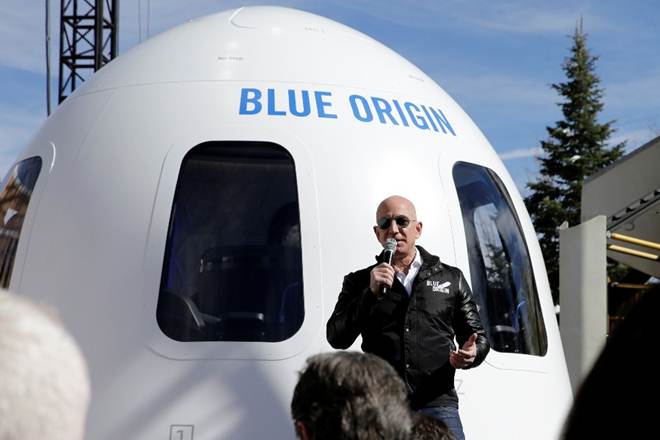UNICEF seizes 24 January, International Day of Education, to sound the alarm about the major learning disadvantages caused by corona measures. Nearly two years after the pandemic outbreak, more than 635 million students are still affected by full or partial school closures, the children’s rights organisation said.
The closure of education must stop as soon as possible, UNICEF believes. And reopening schools alone is not enough: students need intensive guidance to make up for their educational disadvantages. “Due to the disruption of education, millions of children have learned less than if they had been in the classroom,” said Suzanne Laszlo, director of UNICEF Netherlands. “Young and disadvantaged children, in particular, suffer the greatest loss.”
The consequences of school closures are enormous, UNICEF warns. For example, in low- and middle-income countries, they have led to a significant increase in the number of 10-year-olds unable to read or understand a simple text. This was 53 percent before the pandemic and has now risen to 70 percent. “Across the world, the pandemic is exacerbating persistent inequalities in education,” Laszlo said. “In Bangladesh, for example, we see that one in ten girls aged 12 to 15 does not return to school after their school reopens.”
The pandemic is also causing high levels of anxiety and depression among children and young people. Moreover, in poorer countries, access to food is reduced. More than 370 million children worldwide missed their school meals during school closures. This was often their only meal of the day, UNICEF emphasises.
Domestic violence and child labour have also increased, according to UNICEF. Due to the consequences of the corona crisis, millions of children, especially in poorer countries, are at extra risk of being forced to work. At least 23 million children, who were previously in school and have gone to work because of the educational closures, are at risk of not returning to school. According to the aid organisation, this while education is crucial to combat child labour.



